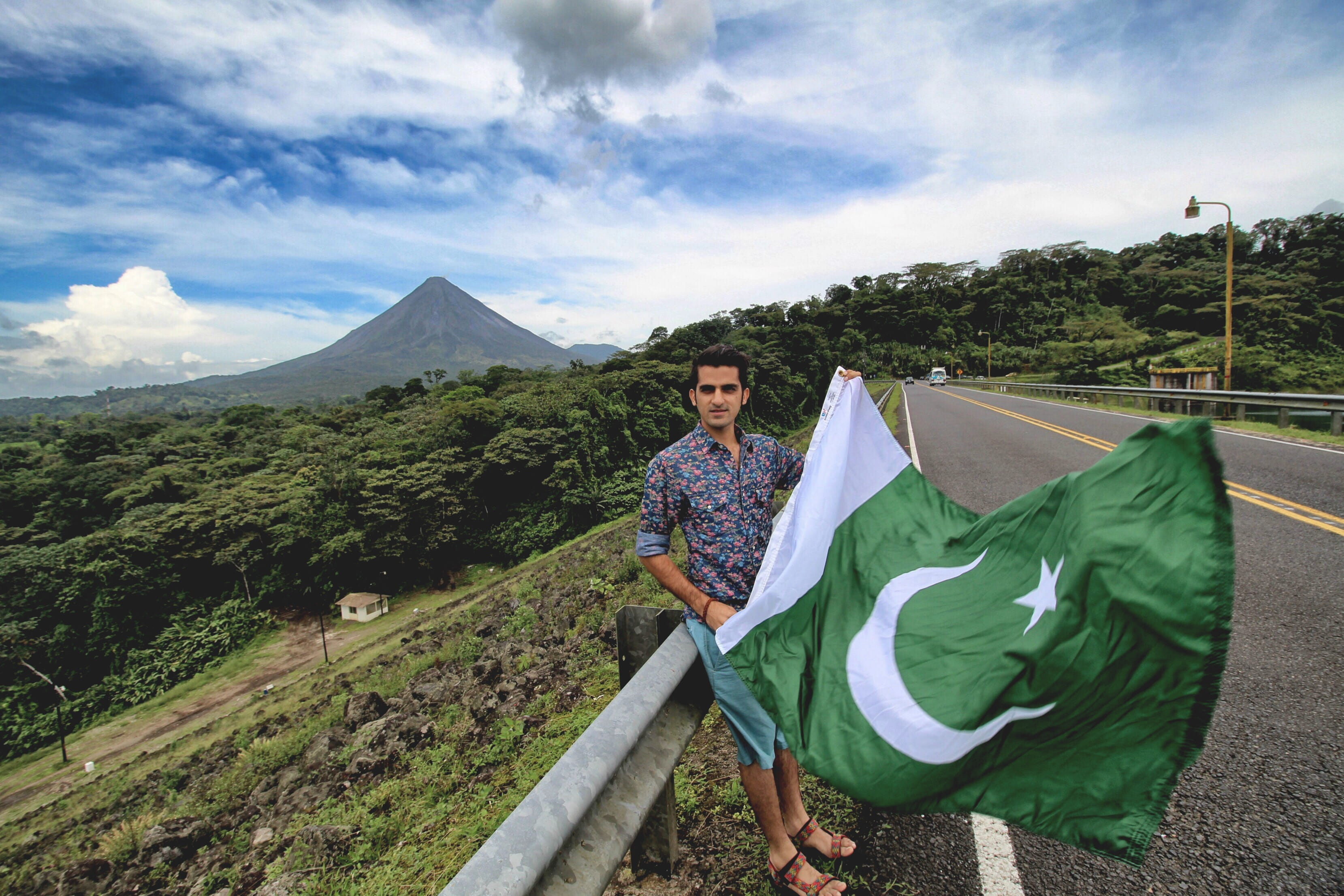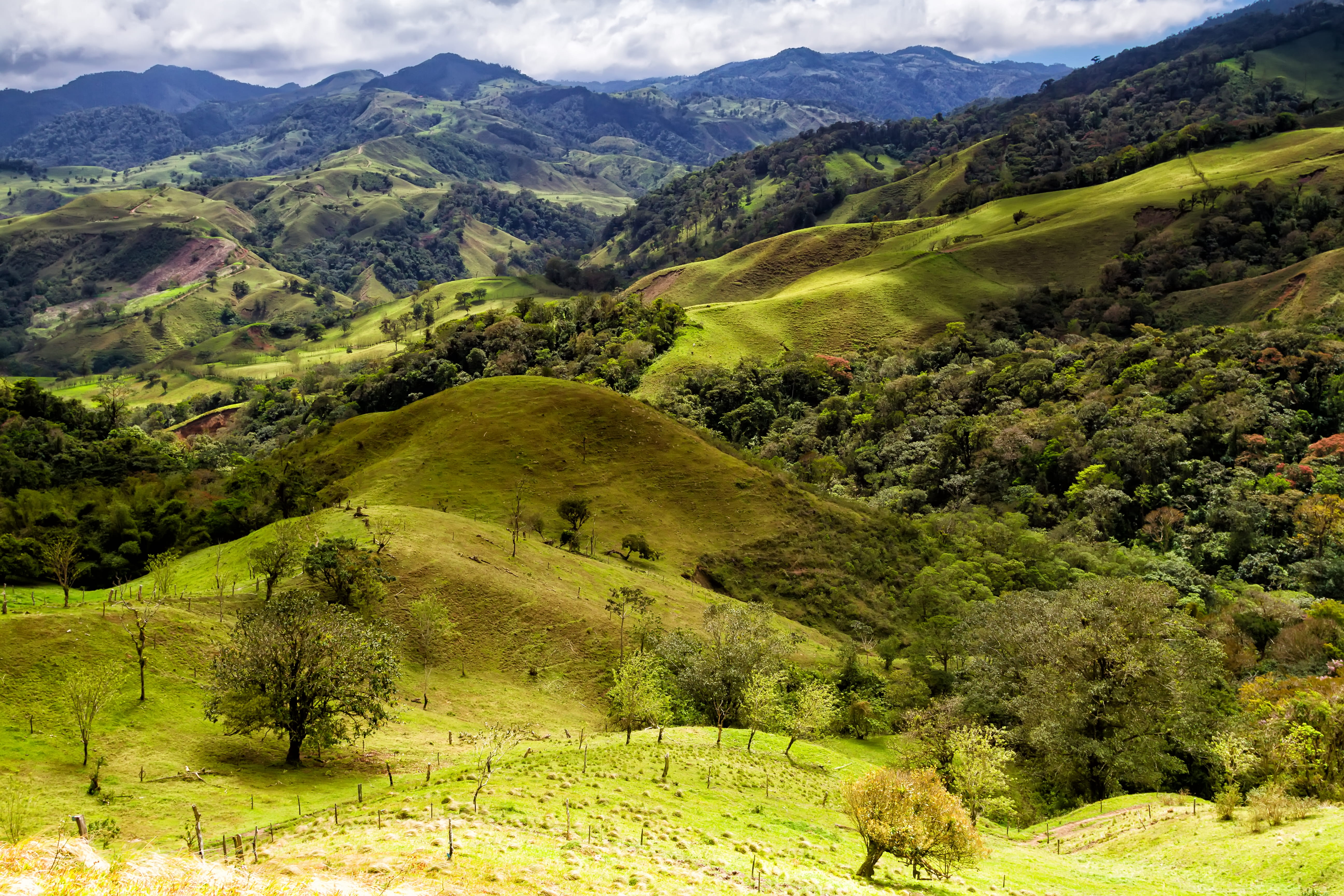Travel Trends Shift: How Canada and the Caribbean Are Winning Over Travelers
September 13th 2025
Summary of the Post
In 2025, global travelers are increasingly choosing Canada and the Caribbean over the U.S. due to high American travel costs, visa hassles, and political concerns. Canada’s affordability, safety, and cultural richness—combined with the ease of eTA visa access—make it a top pick. Meanwhile, the Caribbean offers budget-friendly all-inclusive stays, faster airport processing, and growing appeal for solo travelers. Both regions are seeing major surges in tourism, with Canada’s hotel occupancy reaching 77.6% in July. Travelers now prioritize ease, value, and authentic experiences.
If you’ve been feeling the travel world shift beneath your feet lately—like flight prices are creeping up, lines at U.S. airports are longer than ever, and your dream vacation suddenly feels complicated—you’re not imagining things. Something big is happening in global tourism, and it’s reshaping how, where, and why we travel.
Nowadays, travelers aren’t just booking trips; they’re rethinking them. And guess what? The United States, long the top destination for international tourists, is seeing a surprising dip.
Meanwhile, countries like Canada and tropical paradises across the Caribbean are stepping into the spotlight—and they’re welcoming visitors with open arms, lower prices, and fewer hassles.
At Final Rentals, we’re always on the pulse of travel trends. We don’t just rent cars—we help travelers experience destinations the way they were meant to be explored.
Whether you’re road-tripping through the Canadian Rockies or cruising along a coastal highway in Jamaica, we believe the right wheels can turn a good trip into an unforgettable one.
So here, we will dive deep into this major shift in global tourism and unpack what it means for you.
The Great Travel Shift: U.S. Tourism Slows, Alternatives Rise
Let’s start with the headline: The U.S. could lose up to $30 billion in international tourism revenue in 2025.
That’s not a typo. According to updated forecasts from the World Travel & Tourism Council (WTTC), foreign visitor spending in the U.S. is now expected to drop to $169 billion—a sharp cut from the earlier prediction of $200.8 billion. That’s a loss of over $31 billion in potential tourism income.
Why? Two big factors: the strength of the U.S. dollar and growing concerns about the political and social climate.
When the U.S. dollar is strong—like it is right now—everything from hotel stays to meals and rental cars becomes more expensive for international visitors. A European traveler using euros, an Asian tourist with yen, or a South American family saving in pesos suddenly finds that their money doesn’t stretch as far in New York, Los Angeles, or Miami.
While the U.S. remains one of the most iconic destinations on the planet, recent years have seen increasing reports of long airport lines, confusing visa processes, and a perception that the country isn’t as welcoming as it once was. Combine that with rising inflation and sky-high accommodation prices, and you’ve got a perfect storm pushing travelers to look elsewhere.
So where are they going?
Straight to Canada and the Caribbean—two regions offering stunning scenery, rich culture, and, most importantly, better value and smoother travel experiences.
Canada: The New Go-To Destination for North American Travelers
Canada is your friendly, bilingual, maple-syrup-loving neighbor to the north. For years, Canadians have been crossing the border into the U.S. for shopping sprees, weekend getaways, and snowbird escapes. But in 2025? That trend has flipped.
According to the U.S. International Trade Administration, the number of Canadians traveling to the U.S. dropped by nearly 18% in the first half of the year. That’s over 1.75 million fewer trips—and those travelers aren’t staying home. They’re exploring their own backyard.
And guess what? Canada is more than ready to welcome them.
From Vancouver’s coastal beauty to Toronto’s urban energy, from Quebec City’s European charm to Banff’s jaw-dropping mountain views, Canada has something for every kind of traveler. And with the launch of the Canada Strong Pass—a government-backed initiative promoting national parks, museums, and cultural landmarks—domestic tourism is booming like never before.
In July 2025 alone, Canada’s hotel occupancy rate hit 77.6%, the highest for that month since 2019. That’s not just a number—it’s proof that people are choosing Canada, and they’re loving it.
But here’s the real kicker: It’s not just Canadians who are visiting.
International travelers from Europe, Asia, and even Latin America are discovering Canada as a safe, affordable, and breathtakingly beautiful alternative to the U.S. And because Canada shares a border, time zones, and even a language (mostly!), It’s an easy switch for American-bound tourists looking for a smoother, more relaxed experience.
The Caribbean: Sun, Sand, and a Surge in Tourism
Now, let’s talk about the other big winner in this travel shift: the Caribbean.
If you’re craving turquoise waters, white-sand beaches, and reggae beats, you’re not alone. In 2025, countries like the Dominican Republic, Jamaica, the Bahamas, and Barbados are seeing record numbers of tourists—and it’s no surprise why.
While the U.S. struggles with high prices and complex entry rules, the Caribbean is offering affordable all-inclusive resorts, direct flights, and a warm, welcoming vibe that’s hard to beat.
And here’s something most travelers don’t realize: Many Caribbean destinations are actually cheaper than U.S. beach towns—even with airfare.
A week in Punta Cana? You can get a 5-star all-inclusive package for less than a 3-night stay in Miami. And unlike some U.S. cities, where you’re constantly pulling out your wallet for parking, taxis, and food, the Caribbean often bundles it all in.
What This Travel Shift mean for You?
So, what’s the big picture?
In 2025, travelers are prioritizing value, ease, and authentic experiences over brand-name destinations. They’re voting with their passports—and Canada and the Caribbean are winning.
But here’s the thing: this isn’t just a short-term trend. This is a fundamental shift in how people think about travel.
After years of pandemic disruptions, inflation, and global uncertainty, travelers want:
- Affordability – Getting more for their money.
- Convenience – Less red tape, fewer delays.
- Flexibility – The freedom to change plans, explore off the beaten path.
- Authenticity – Real connections with local culture, nature, and communities.
And guess what? Renting a car delivers all of that.
Whether you’re in Toronto, Tulum, or Trinidad, having your own vehicle means you’re not stuck on someone else’s schedule. You can wake up early for a sunrise hike. You can stop at a roadside bakery in Quebec. You can detour to a local festival in St. Lucia.
At Final Rentals, we’ve seen this firsthand. Our online car rental bookings in Canada are up 42% year-over-year. In the car rental in the Caribbean? 38% growth. And it’s not just leisure travelers—business trips, family reunions, and digital nomads are all choosing car rentals to maximize their time and minimize stress.
The Challenges Ahead: Sustainability and Smart Growth
Of course, with great popularity comes great responsibility.
As more travelers flood into Canada and the Caribbean, there are real concerns about overtourism, environmental impact, and strain on local infrastructure.
In Banff National Park, parking lots are full by 8 a.m. In Jamaica, coastal roads get clogged during peak season. In Barbados, water shortages are a growing issue.
That’s why sustainable travel is no longer optional—it’s essential.
At Final Rentals, we’re committed to eco-conscious tourism. That means:
- Promoting fuel-efficient and electric vehicles
- Partnering with rental companies that maintain and recycle properly
- Encouraging travelers to explore lesser-known destinations—like Cape Breton Island instead of just Niagara Falls, or Dominica instead of crowded beach resorts
- Supporting local economies by recommending family-run guesthouses, markets, and tour guides
Because true travel isn’t about checking boxes, it’s about respecting the places we visit and leaving them better than we found them.
Final Rentals: Your Global Car Rental Partner in 50+ Countries
If you’re planning a Canada road trip in 2025 or beyond, here’s our advice:
Skip the stress. Skip the overpriced tours. Skip the missed opportunities.
Instead, rent a car with Final Rentals and take control of your journey.
We’re not just an affordable car rental booking site. We’re your trusted travel partner, with:
- Instant online booking in over 50 countries
- No hidden fees—what you see is what you pay
- 24/7 customer support in English, Spanish, French, and more
- Flexible pickup and drop-off options
- Best Price Guarantee—if you find a lower rate, we’ll beat it
- Wide vehicle selection: compact cars, SUVs, minivans, hybrids, and luxury rides
If you want to drive around Vancouver, Toronto, Montreal, Cancun, Nassau, Kingston, or Bridgetown, we’ll help you find the perfect car at the best price.
And because we work directly with local providers, you get personalized service and insider tips—like the best scenic routes, hidden beaches, and must-try local eats.
Frequently Asked Questions by Foreign Travellers
Why are more international travelers skipping the U.S. in 2025?
High costs and complex entry rules are turning travelers away. The strong U.S. dollar makes trips 20–30% more expensive for foreigners. Long airport lines, visa delays, and concerns about safety and welcome have hurt its image. In 2025, U.S. tourism revenue dropped to $169B from a projected $200.8B. Travelers now prefer easier, cheaper options like Canada and the Caribbean.
Is Canada safer and more welcoming than the U.S. for foreign tourists?
Canada consistently ranks among the world’s safest countries (Global Peace Index 2024). It has lower crime rates, friendlier immigration staff, and clear entry rules. English is widely spoken, and cities like Toronto and Vancouver are multicultural. Unlike the U.S., Canada has no domestic gun culture in public spaces. Tourists report feeling relaxed, respected, and secure while traveling across the country.
How much cheaper is it to visit Canada vs. the U.S. for international travelers?
For Europeans and Asians, Canada is 15–25% more affordable than the U.S. due to a weaker Canadian dollar. A meal costs 10–15% less, hotels average $120/night (vs. $180 in major U.S. cities), and attractions like national parks charge under $10 per person. With the Canada Strong Pass offering discounts, overall spending is lower. This value is drawing more visitors in 2025.
Do I need a visa to visit Canada as a tourist?
Most visa-free travelers (from the EU, UK, Australia, etc.) need an eTA (Electronic Travel Authorization), which costs $7 and takes minutes to get online. It’s valid for 5 years. U.S. citizens only need a passport. Unlike the U.S. visa interview process, Canada’s eTA is fast, low-cost, and rarely denied. This ease is a major reason why more tourists are choosing Canada over the U.S.
Are flights to the Caribbean easier to book than to the U.S.?
Many Caribbean islands have direct flights from Europe, Canada, and South America with no layovers. Airports like Montego Bay, Punta Cana, and Nassau are smaller, with faster security and immigration (under 30 minutes). Unlike major U.S. hubs, there are fewer delays. In 2025, flight bookings to the Caribbean rose 22% as travelers avoid U.S. airport stress and long processing times.
Is the Caribbean safe for solo or female travelers?
Generally, yes—especially in tourist zones. Popular islands like Jamaica and the Bahamas have dedicated tourist police and safe resort areas. Petty theft exists, but violent crime usually affects locals, not visitors. Resorts and tour groups are highly secure. Solo female travelers report feeling safer in all-inclusive resorts than in big U.S. cities. Sticking to trusted areas and using common sense ensures a safe, enjoyable trip.
Can I use U.S. dollars in Canada and the Caribbean?
In Canada, not only are Canadian dollars accepted. Some border shops may take USD at a poor rate, but it’s not recommended. In the Caribbean, many resorts and tourist spots accept USD, especially in Jamaica, the Bahamas, and the Dominican Republic. However, you’ll get better value using local currency or cards. Always check exchange rates and avoid street money changers to prevent scams.
Are there cultural or language barriers in Canada and the Caribbean?
In Canada, English and French are the official languages. Major cities are multicultural, and English is spoken everywhere. In the Caribbean, English is the main language in most islands (Jamaica, Bahamas, Barbados). Local dialects exist, but are easy to understand. Canadians and islanders are known for their hospitality. Most travelers report feeling welcomed and able to communicate easily during their stay.
How can I avoid crowds and overtourism in popular destinations?
Visit during the shoulder season (April–May or September–October) when prices are lower and sites are less crowded. In Canada, explore Atlantic provinces like Newfoundland instead of Banff. In the Caribbean, choose Dominica or Grenada over Jamaica. Final Rentals’ travel data shows 40% fewer tourists in these spots. Renting a car (if needed) helps you access hidden gems off the main routes.
Will my mobile phone and internet work in Canada and the Caribbean?
Most European and U.S. phones work in Canada and the Caribbean with roaming or local SIM cards. Major cities and resorts have strong 4G/5G. In remote areas (e.g., Canadian Rockies or rural Jamaica), the signal may be spotty. Buy a local SIM at the airport for cheaper data. Wi-Fi is widely available in hotels, cafes, and tourist centers across both regions.
Final Thoughts
The world is changing. Travelers are smarter, more conscious, and more demanding than ever. They don’t just want a vacation—they want an experience.
And in 2025, that experience is increasingly being found in Canada and the Caribbean—two regions offering beauty, value, and warmth in a time when the U.S. is struggling to keep up.
But no matter where you go, one thing remains true: the open road is still the ultimate symbol of freedom.
So whether you’re driving through rainforests in Costa Rica, along cliffside roads in Nova Scotia, or past palm trees in the Dominican Republic, make sure you’ve got the right wheels.
At Final Rentals, we’re here to make that happen—one unforgettable journey at a time.

































































